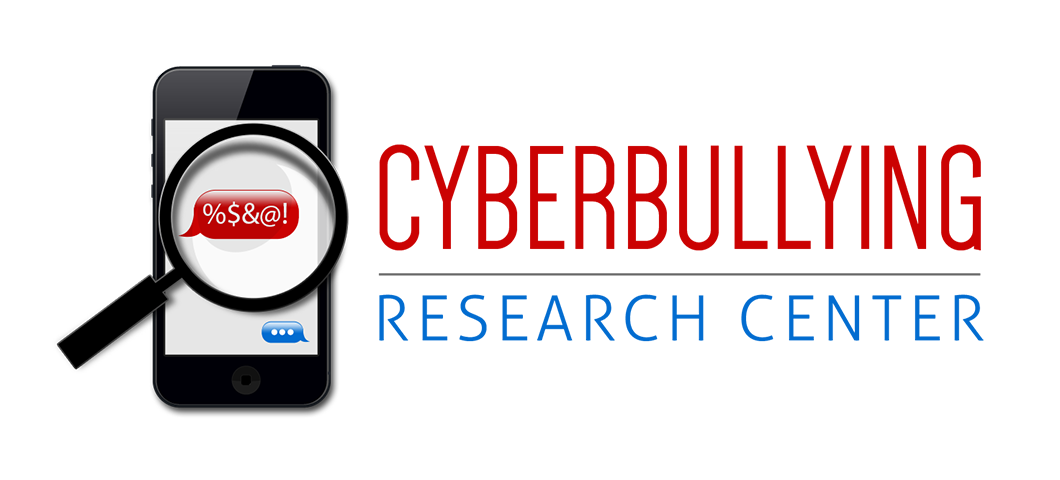
Thankfully, Facebook is soon going to restructure the way it displays privacy settings to users. Currently, those settings are scattered across multiple pages, and it is a chore for individuals to customize them to their liking. When we talk to elementary, middle, and high-schoolers, we ask about those settings – and have found that very few youth take extensive time to lock down their Facebook page on a granular level. Rather, most simply go with the default privacy settings – which are much more open than I would personally prefer. Hopefully by consolidating these settings into one page, it’ll be much easier for users to run through each privacy option and make appropriate selections based on what content they want to reveal (and how it is done). Even more important is that they carve out the necessary time to do it – something we highly encourage. Take the fifteen or so minutes to fully understand what each setting means, and then customize them to your comfort level. Overall, I am quite pleased about this.
Another issue, though, has to do with Facebook’s soon-to-be-released Transition Tool, which will subtly suggest to (encourage?) users to make some of their content available (or shared to) “Everyone” with the reasoning that friends will find you more easily (which is true). However, it’s likely this content will also be indexed by Google and other search engines – which is beneficial to Facebook as they try to compete with Twitter as the premier source of real-time information and status updates being posted and distributed by the masses. However, it’s more palatable for my Twitter page to be found by search engines and individuals that I don’t know at all; it’s less acceptable for content on my Facebook page to be similarly found. To each his own, but just make sure you completely know what you’re doing. After all, it is *your* information out there – and it’s going to be out there for a really, really long time. I’ll share more of my thoughts after I get to play around with the new tool.








Facebook has become another life for some people. I feel that people should put their Facebook on private so that not just anyone can see their information. People should also be careful who their friends with (not just accepting just anyone), what kind of information they display on their page (e.g. phone numbers, e-mail addresses, where they live, etc), and what kind of information they put on their status like specific information. I personally did an experiment by creating a fake e-mail address and Facebook to see how many “friends” I could add to my list. So many people accepted my friend request without any hesitation and others even requested me as a friend. I had over 150 friends in two weeks. It’s sad to see how careless some people can be, trusting others with their personal information. I hope people take advantage of the opportunity to safe guard their information from others with the privacy settings Facebook has to offer.
We all want to know how prevent bullying and I think Facebook today has made it easy for victims to report abuse then ever before. I am a regular facebook user and I find the security settings from way back in ancient facebook time have greatly approved. If you really take the time out to modify settings under privacy facebook can prevent contact from other users and potential bullies. One option that I like is how you can set up not to receive messages from people that are not your friends and even hide your profile which is usually set to viewable by everyone to private our to just be viewed by people who the user allows. These few changes to facebook may not be a lot but I think it makes it easier to ignore those who purposely seek out to bully people that they know. Another feature which is not new is blocking a person's page altogether which makes a potential bully unable to view your profile, see you under mutual friends, send you messages and basically stops the interaction period. I bring up facebook and the ways it can prevent bullying because facebook is very popular among teens and young adults who for the most part are the main victims of bullying.